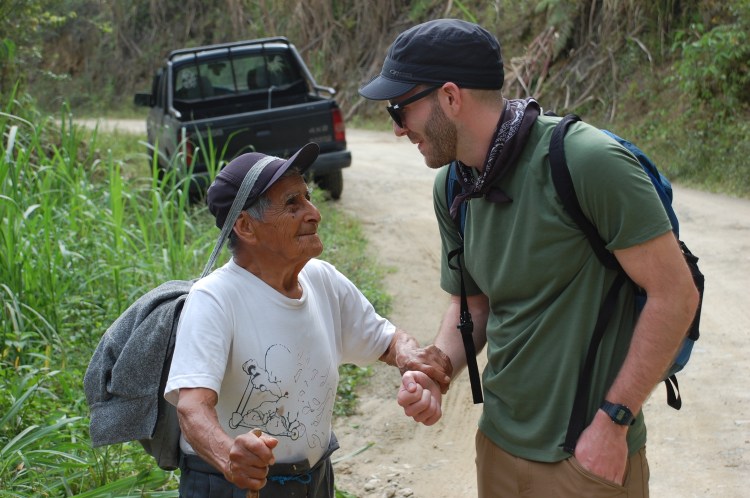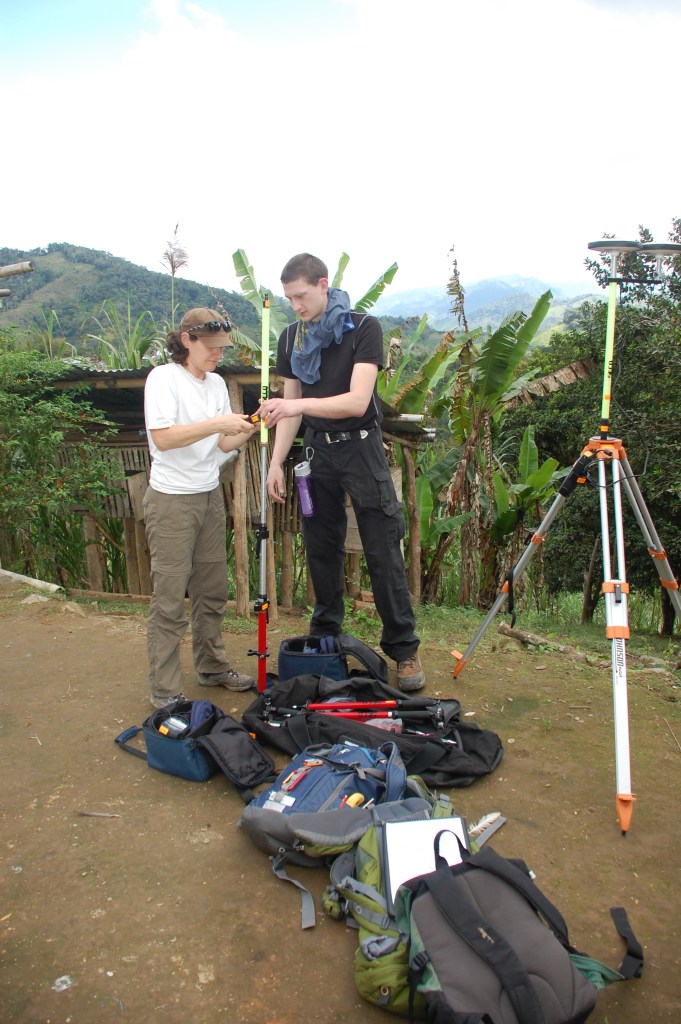 Most people have heard of Doctors Without Borders, but fewer have heard of Engineers Without Borders (EWB). Portland, Maine’s Professional chapter of EWB is continuing to make a difference both locally, with school outreach and small projects; and abroad, in Ethiopia, Haiti, Nicaragua and now Ecuador.
Most people have heard of Doctors Without Borders, but fewer have heard of Engineers Without Borders (EWB). Portland, Maine’s Professional chapter of EWB is continuing to make a difference both locally, with school outreach and small projects; and abroad, in Ethiopia, Haiti, Nicaragua and now Ecuador.
The Portland EWB chapter does what engineers (and scientists) do every day: solve problems involving public health around the world. Founded in 2010, the Portland Maine Professional chapter strives to improve public health through sanitation, water, and construction projects. The engineers also share their experiences with local middle school and high school STEM programs in hopes of inspiring the next generation to use technical solutions to improve public health.
Projects include a recent assessment trip to El Progreso, Ecuador, which is in the cloud forest northwest of the capitol, Quito. About 120 people are spread out in about 60 households. Most have access to springs during the rainy season, but the springs dry up from June to September.
Uncontaminated water, at an elevation allowing a gravity-fed system to distribute to each home, is needed. The project team is working on the design, and plans to return to El Progreso this summer to begin construction.
Another project includes building a school for 1,000 K-8 students in Debre Birhan, Ethiopia. The plan includes a playground, educational gardens, and composting toilets. Several thousand compressed earth (building) blocks must be created, on-site. The process will bring a new industry to the community.
The Portland chapter is also supporting infrastructure projects in Haiti, and provides mentoring and guidance to other EWB chapters – for example, helping the New Haven, Conn., chapter work on a sanitation project in Nicaragua. PMP also introduces local engineering graduates and immigrants to the Portland community, and supports them in employment searches and networking.
In Greater Portland classroom presentations, PMP members emphasize that safe water, sanitation, and education are the cornerstones of public health, and show students how using STEM skills can help improve lives around the world.
The Portland chapter’s work is 100 percent voluntary. No members draw a salary or stipend; they use their vacation time for travel.
The EWB chapter is grateful to all its corporate sponsors (including Haley & Aldrich, Woodard & Curran, Credere, Drumlin Environmental), and to local firms and businesses for their financial donations. Recently, Haley & Aldrich donated 48 recycled computers to the Ethiopia school project.
To learn more, see the meeting schedule at www.EWBPortlandMaine.org.
Send questions/comments to the editors.




Success. Please wait for the page to reload. If the page does not reload within 5 seconds, please refresh the page.
Enter your email and password to access comments.
Hi, to comment on stories you must . This profile is in addition to your subscription and website login.
Already have a commenting profile? .
Invalid username/password.
Please check your email to confirm and complete your registration.
Only subscribers are eligible to post comments. Please subscribe or login first for digital access. Here’s why.
Use the form below to reset your password. When you've submitted your account email, we will send an email with a reset code.